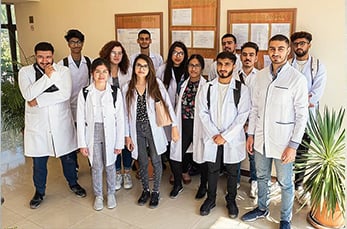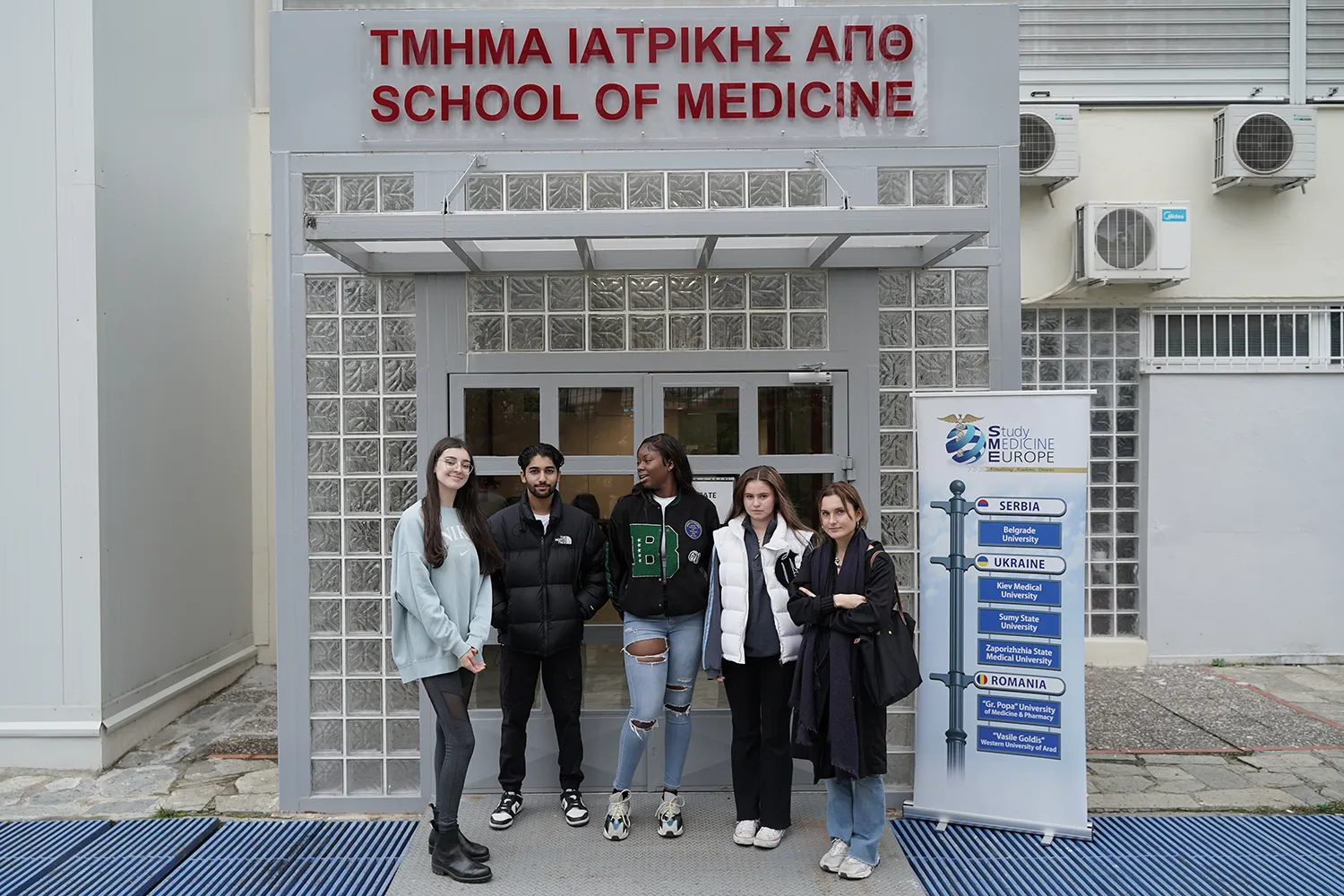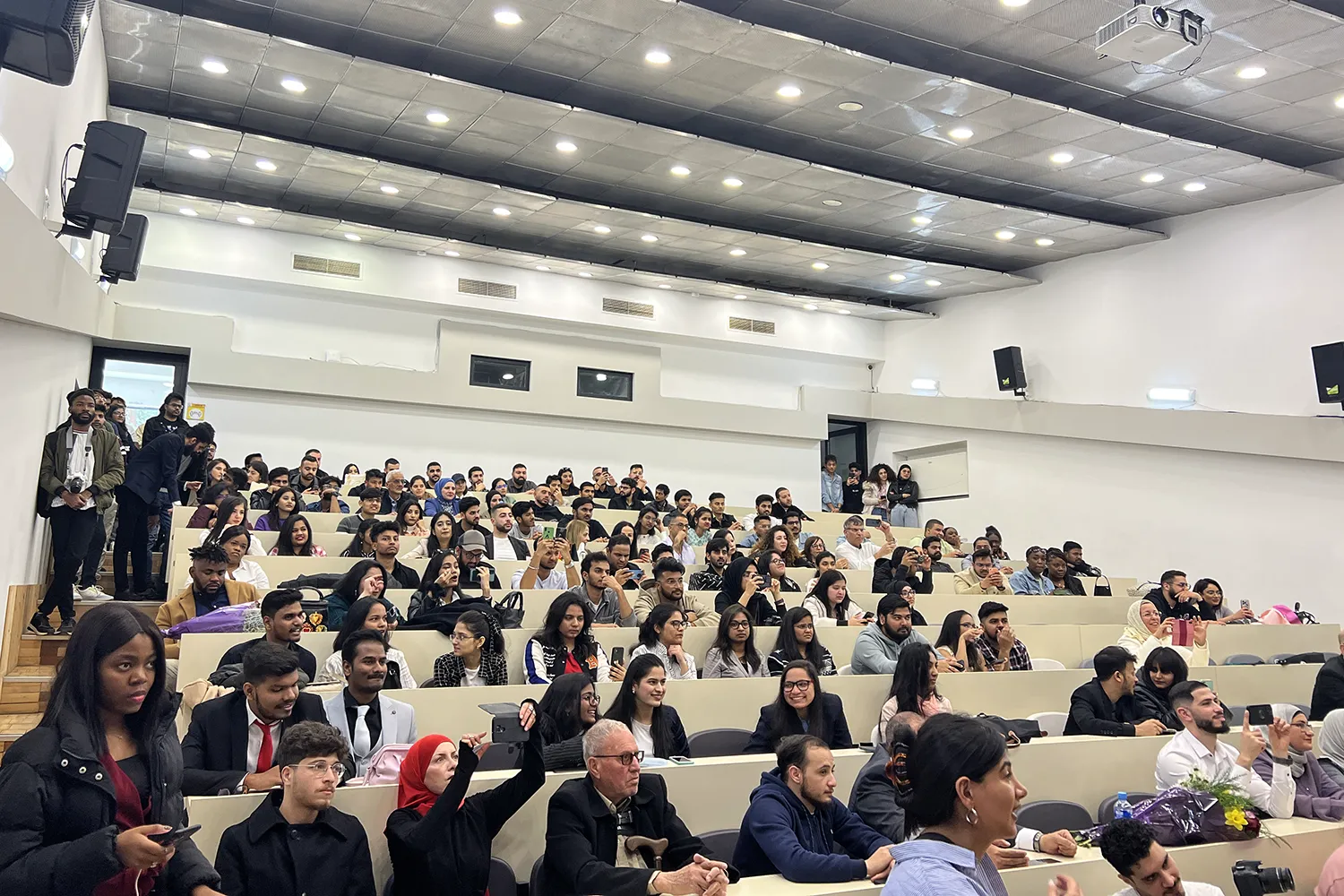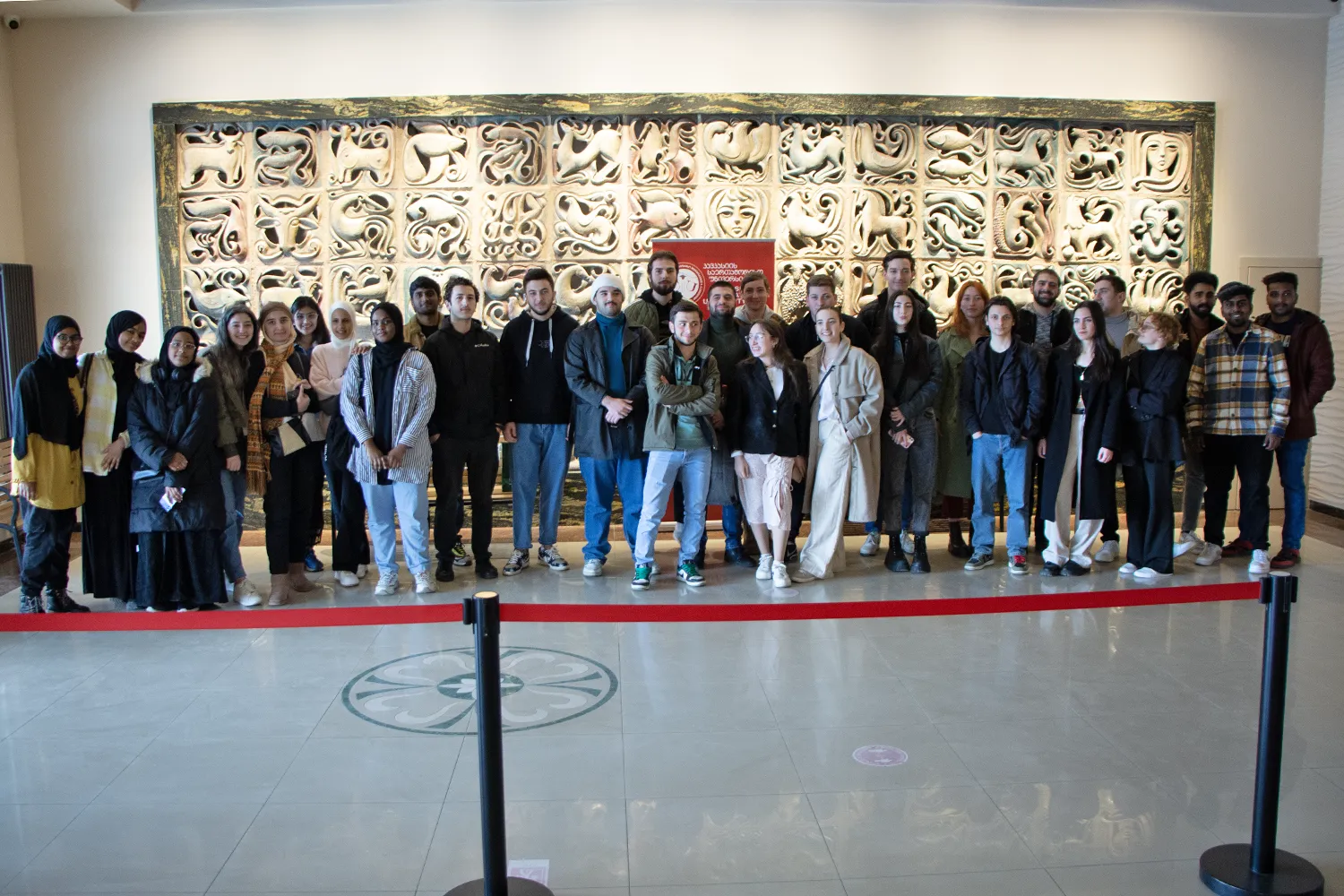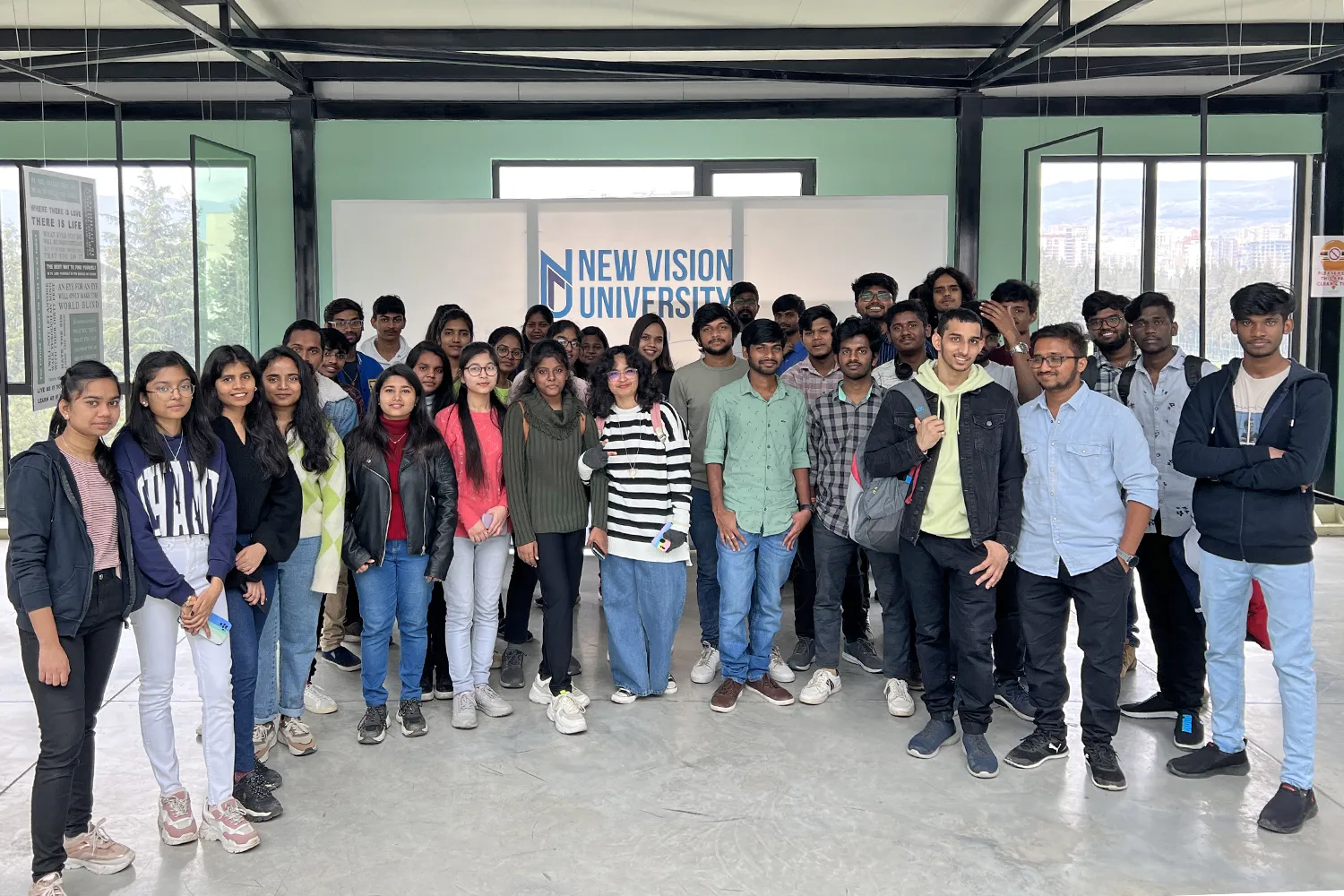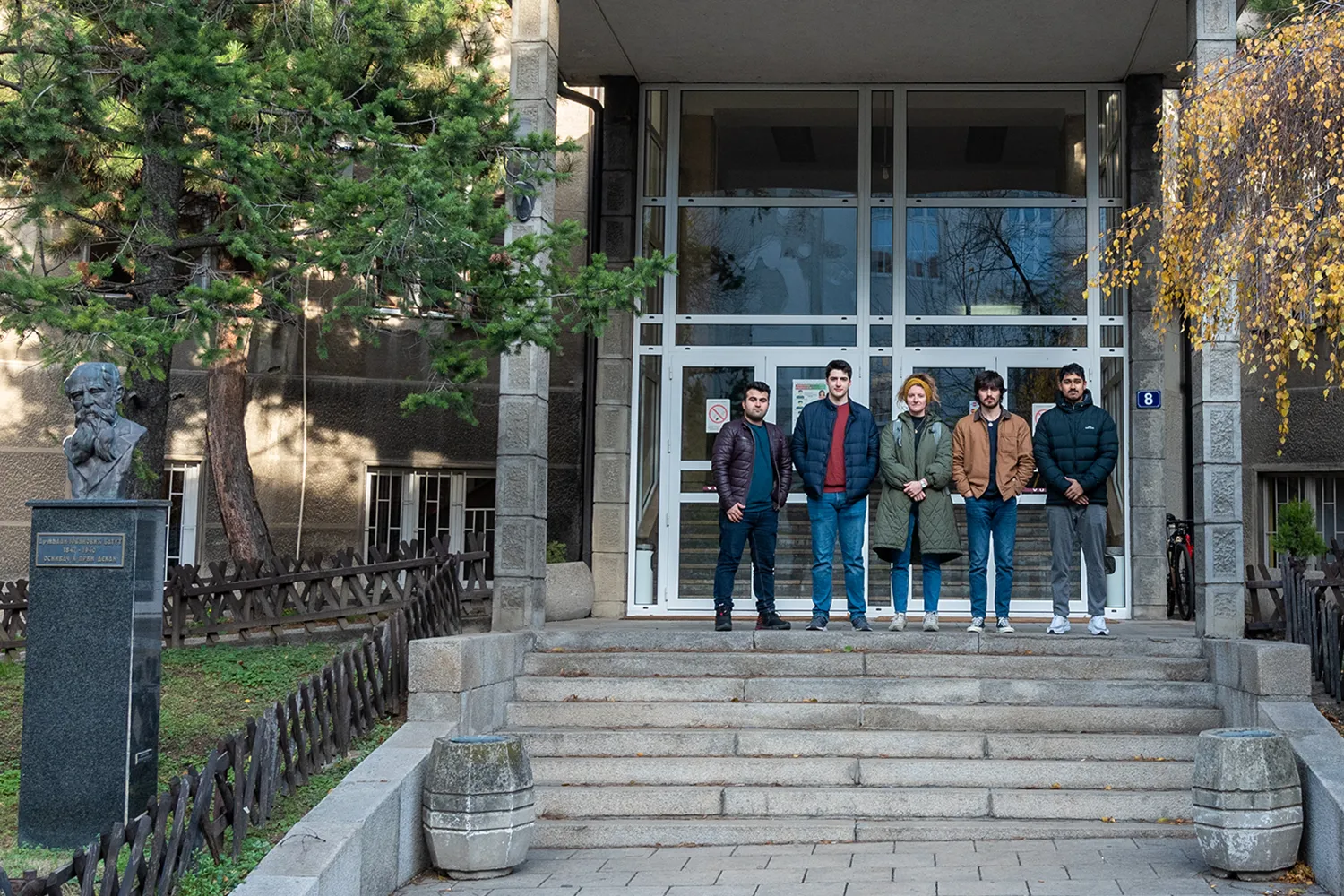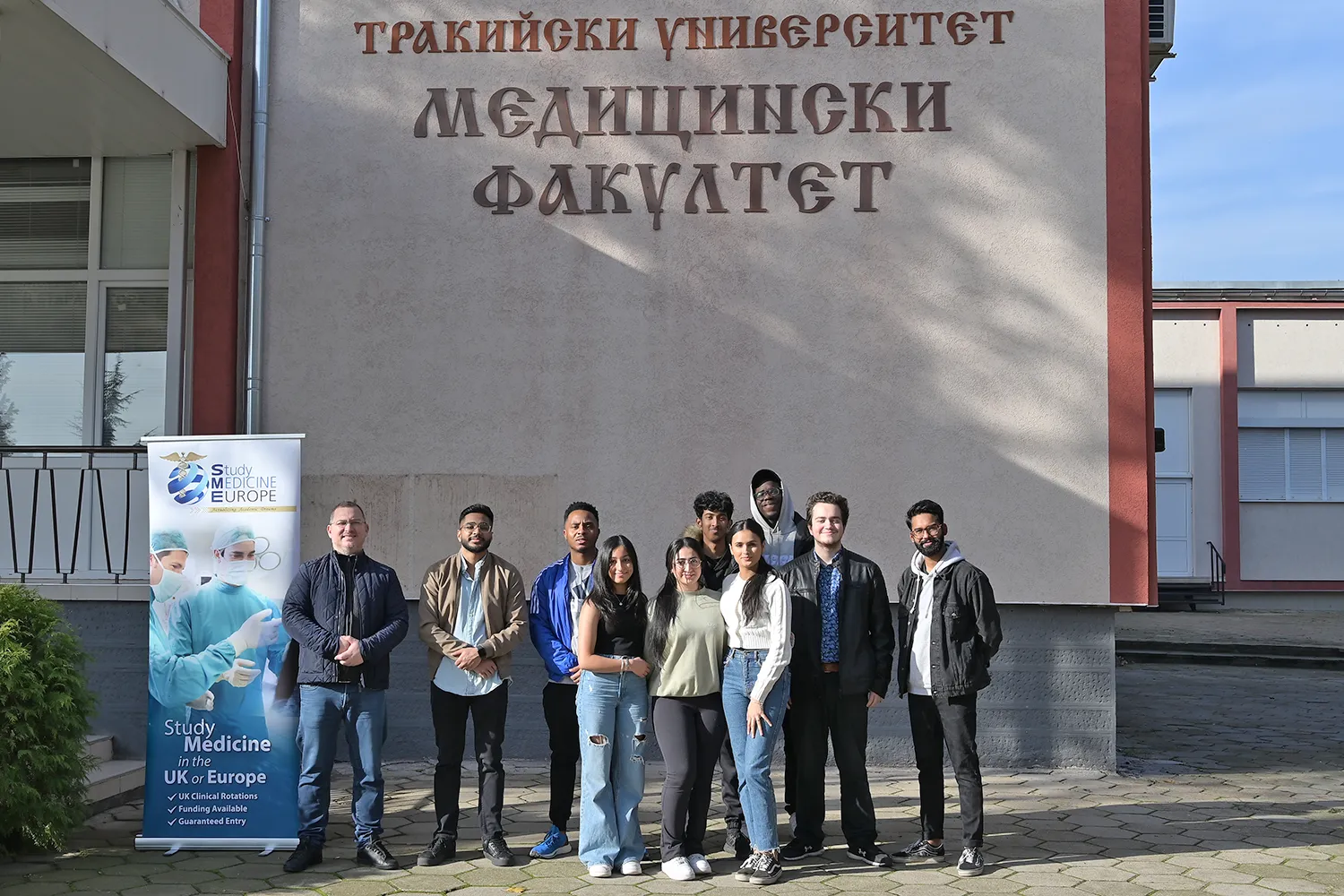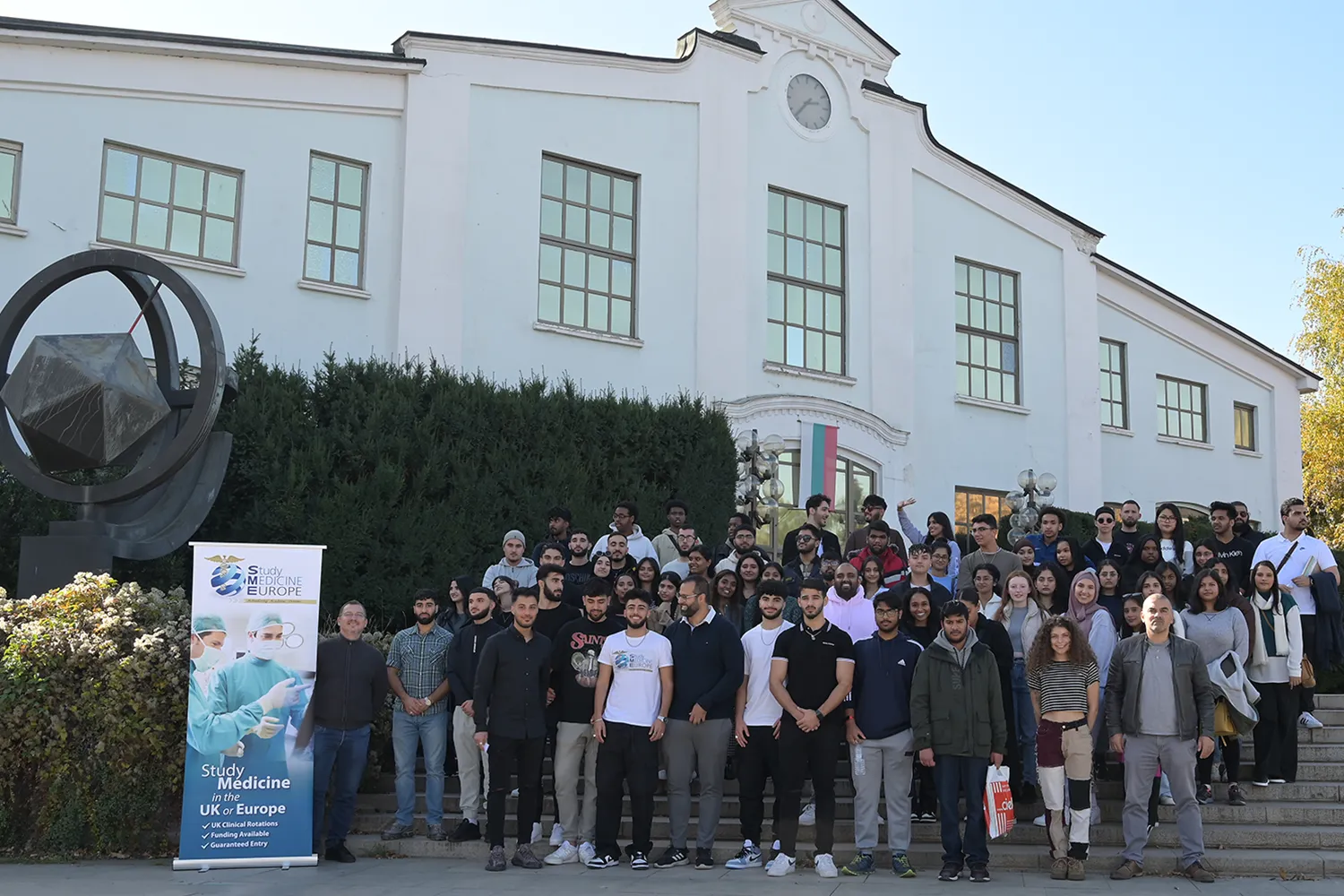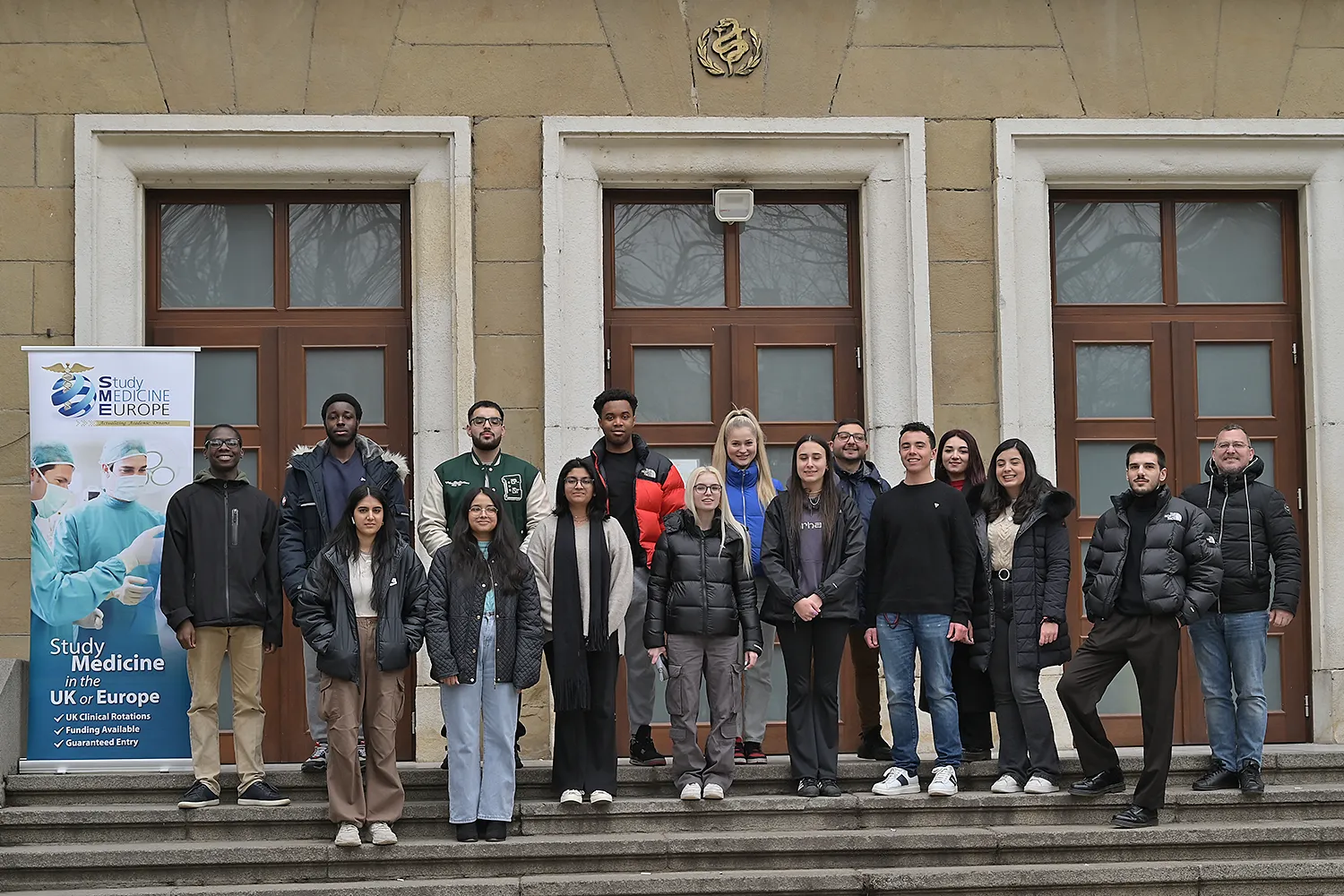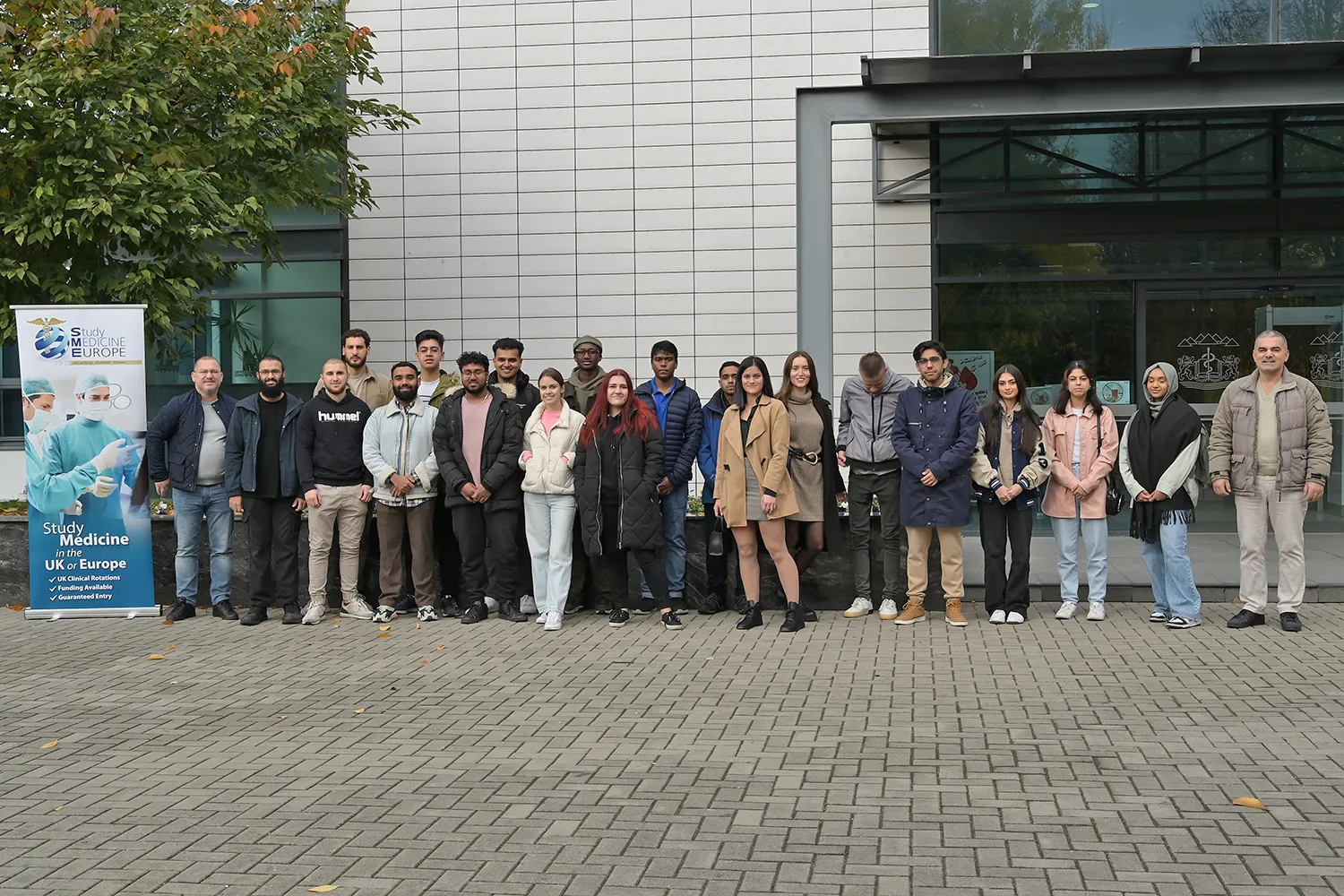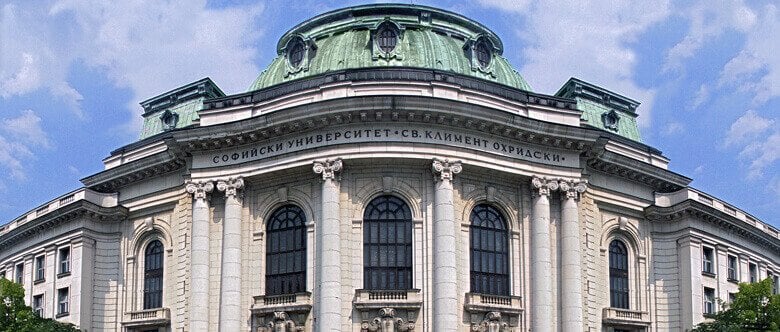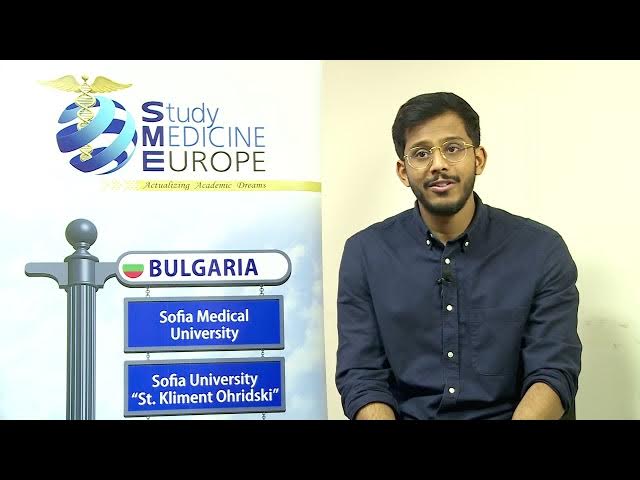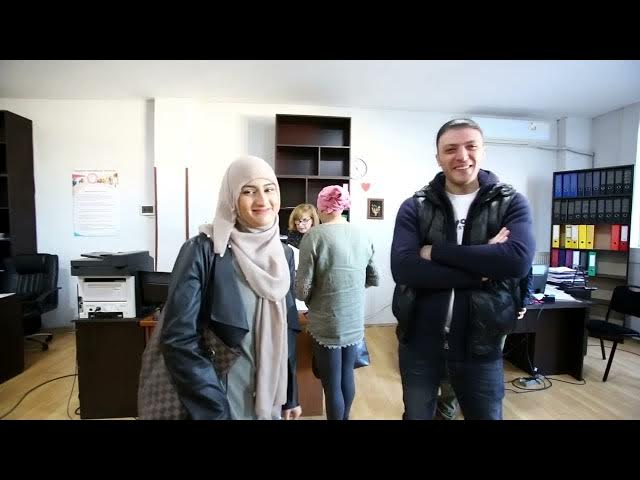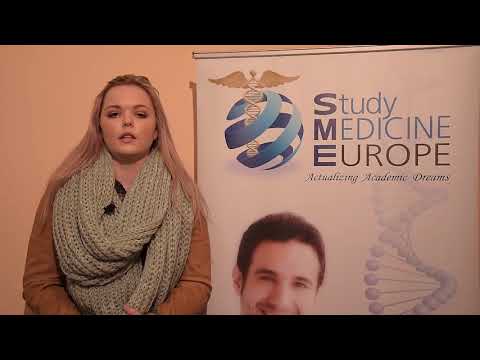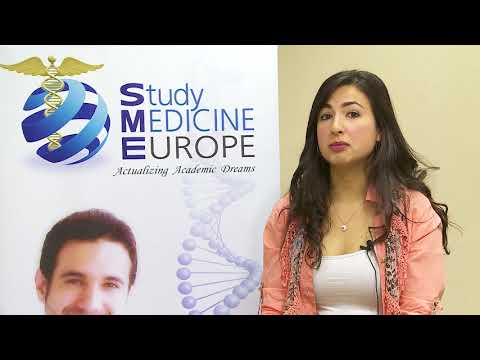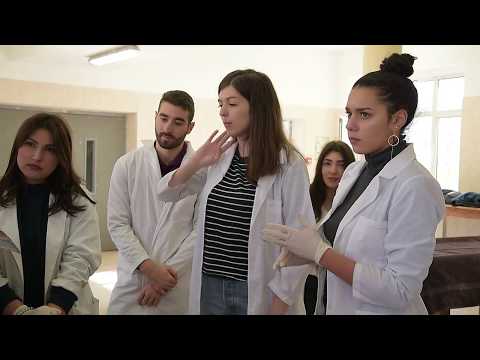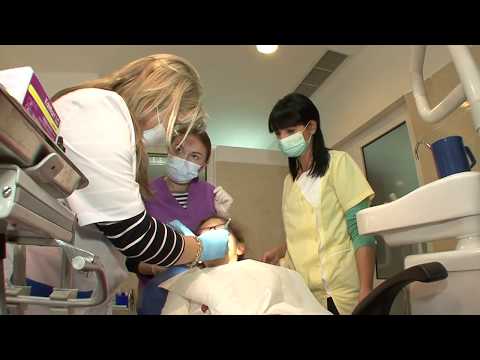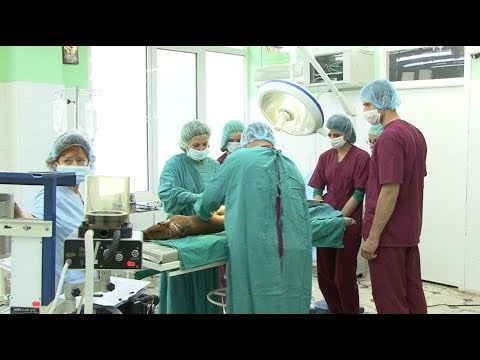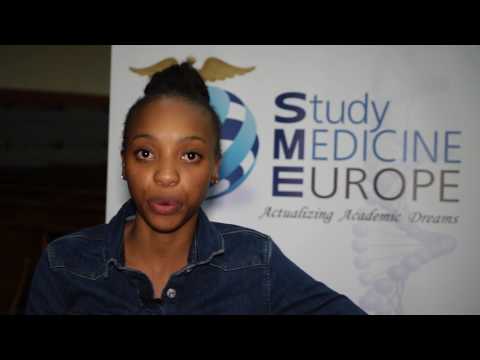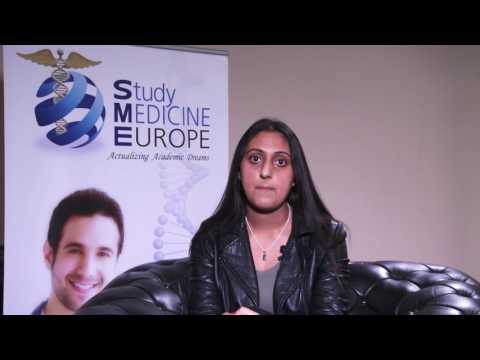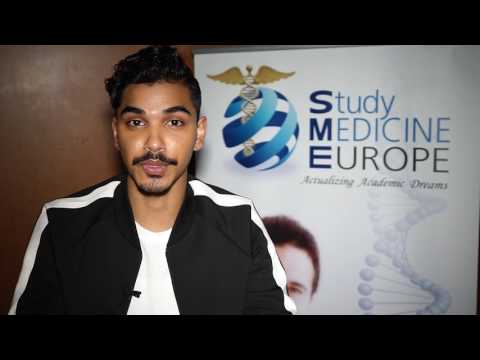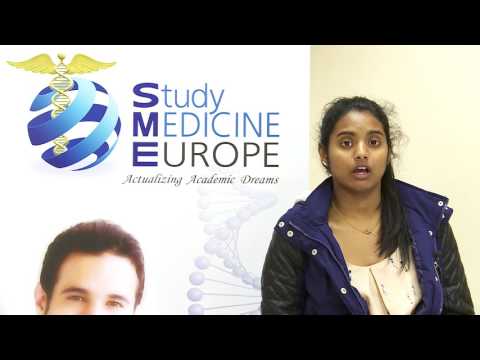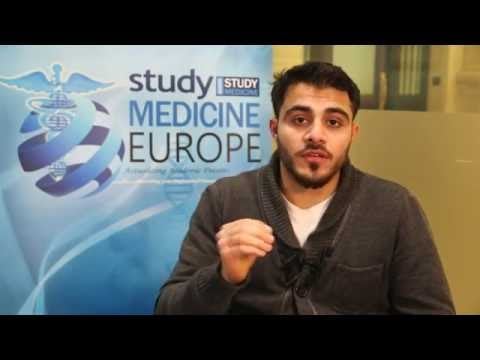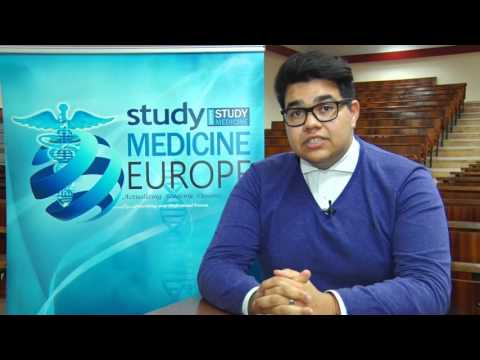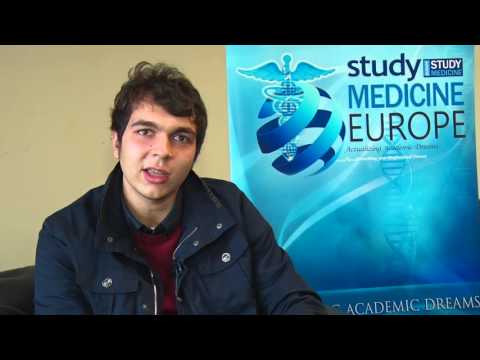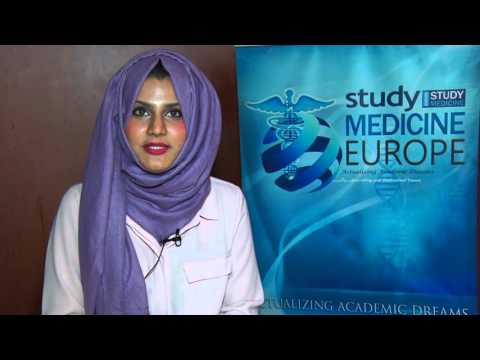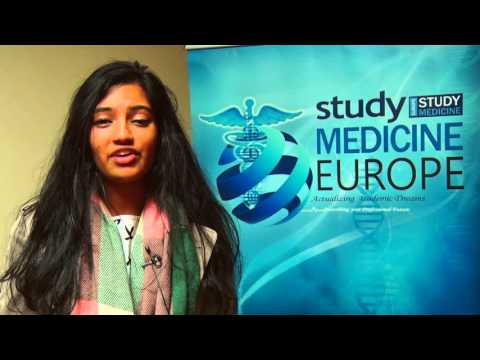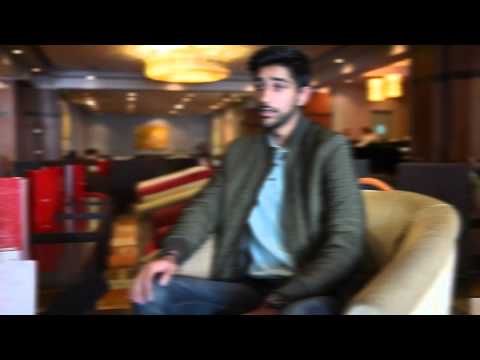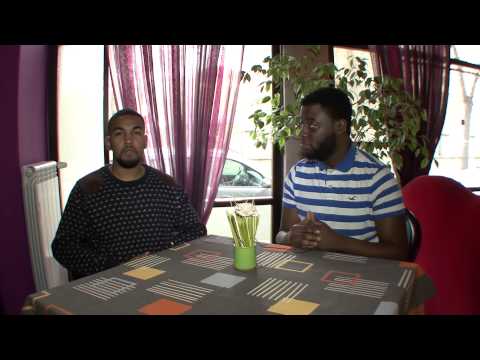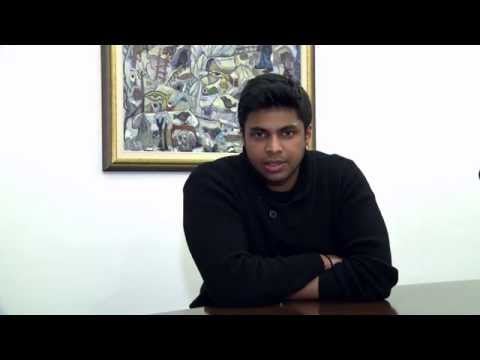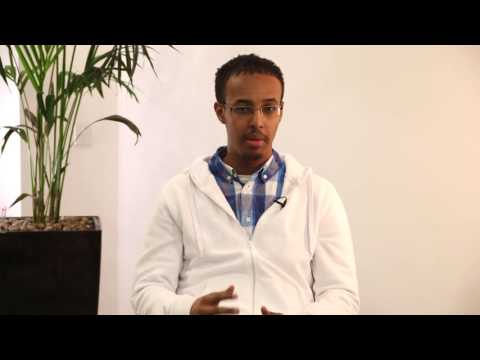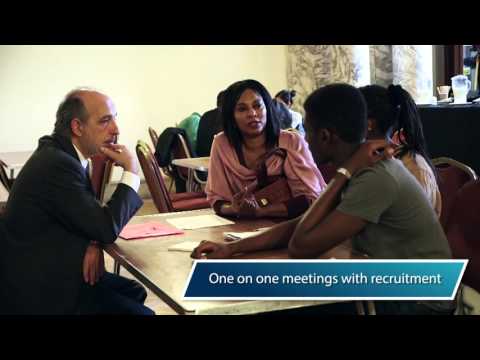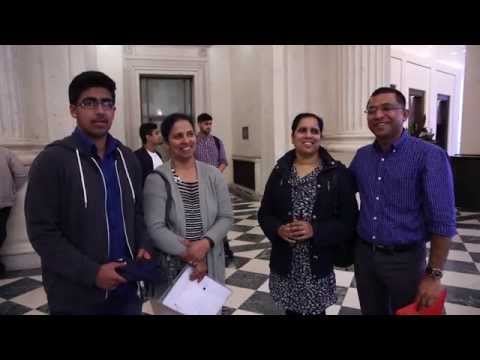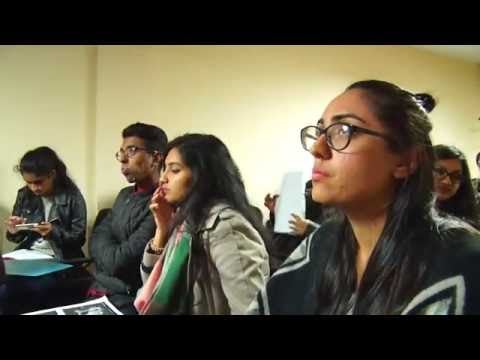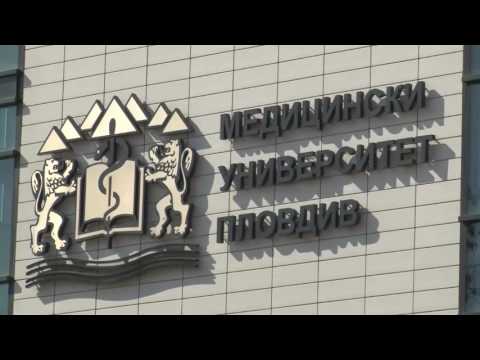Why Study Medicine in English at Sofia University “St Kliment Ohridski”?
Admission
Exams in Biology & Chemistry
Tuition fees
€7,700/year
Undergraduate Entry
6 Years
Intake
October
Funding
Not Available
Graduate Entry
Not Available
+Why choose University “St Kliment Ohridski” in Sofia?
- Sofia University “St Kliment Ohridski” is Sofia’s oldest university, having been founded in 1888, and has forged a reputation as one of the most highly reputable centres of science in the Balkans.
- It is situated in Sofia city centre and comprises 16 faculties encompassing 105 courses.
- The Faculty of Medicine was established in “St Kliment Ohridski” in 2003 in response to high demand.
- The university includes many independent units within its facilities, such as a beautiful botanic garden, science and technology research centres, TV and radio stations and cultural institutes.
- The university’s library contains more than 2.5 million publications across a broad variety of disciplines, including some rare and valuable academic literature.
- The university caters for a student population in excess of 30,000.
+What does the 6-Year Medicine course involve?
- The Medicine course is six years in duration, spanning 10 semesters of academic training, and is taught entirely through English.
- The first 2 years of the programme focus on pre-clinical study and theory, with years 3-5 concentrated primarily on clinical study.
- The final year of the course is an internship year consisting of 310 days of medical rotations prior to graduating. During this internship year, students are required to sit state exams for licensing.
- Students will also undertake mandatory summer practical internships in years 2-4.
- When students fulfil the requirements of the academic programme and final year internship, in addition to passing state exams, they are granted the professional qualification of Physician or Doctor of Medicine (MD) and awarded a globally-recognised Master’s degree.
- Many graduates choose to remain in Bulgaria after graduation to pursue their medical career, while others will either return to their homeland or pursue a medical career in a different country.
- There are currently thousands of medicine practitioners who graduated from universities in Bulgaria.
+How much does the programme cost?
| Programme | Programme Starts | Annual Fees () |
|---|---|---|
| Medicine | October | 7,700 |
| Living Costs | Monthly () | Annually () |
|---|---|---|
| Rent | 220–380 | 1000–2040 |
| Food | 85–170 | 1000–2040 |
| Utility Bills (Electricity, Gas &Water, Internet) | 90–108 | 1080–1296 |
| Transportation | 23 | 276 |
| Health Insurance | 25–35 | 300–420 |
| Total | 450–720 | 5400–8600 |
+Admission to Sofia University “St Kliment Ohridski”
Candidates are required to submit the following documents:
- Completed application form including brief biographical data, educational history and any courses for which the candidate is applying
- Copy of a diploma confirming completion of secondary education, with an academic transcript stating the disciplines studied
- Document issued by relevant authorities which certifies the right to continue education in higher schools and universities in the country of origin of the secondary school attended by the candidate
- Health certificate issued no more than one month prior to application and verified in the country from which the candidate is applying
- Two 4-5cm photographs
+Life in Sofia
- Sofia is the capital city of Bulgaria, with a population of 1.2 million making it the country’s largest city. It is situated in the west of Bulgaria.
- The city’s name was officially changed to Sofia in 1879 after Bulgaria’s liberation from Turkey, prior to which it had been known as Srentets.
- Its standout attractions include the Church of St Alexander Nevsky, the National Gallery of Bulgaria, the Basilica of St Sophia, the Church of St Paraskevi (a UNESCO world heritage site) and the National Centre for Culture.
- Modern-day Sofia is a milieu of successive art and historical movements, with a harmonious combination of historical landmarks and contemporary infrastructure.
+Life in Bulgaria
- Bulgaria is a country in the southeast of Europe with an estimated population of 7.5 million. Its capital city is Sofia, which enjoys a thriving economy and is home to 1.2 million people.
- It is regarded as a hub for economic activity and has been rendered a strong industrial and agricultural market economy.
- Since gaining democratic status in 1990, the country has undergone a transformation which has seen a booming economy and modernised education system, with its universities considered among the finest in Europe.
- It became a member of the European Union in 2007.
- Bulgaria also boasts a very low cost of living in comparison to other EU member states, making it a popular location for students from all corners of the world.
Watch Our Videos
Real Success StoriesOpen DaysEntry ExamsNetworking Events
Reviews
+ 2023
2023
+ 2022
2022
+ 2021
2021
+ 2020
2020
+ 2019
2019
+ 2018
2018
+ 2017
2017
+ 2016
2016
+ 2015
2015
+ 2014
2014









